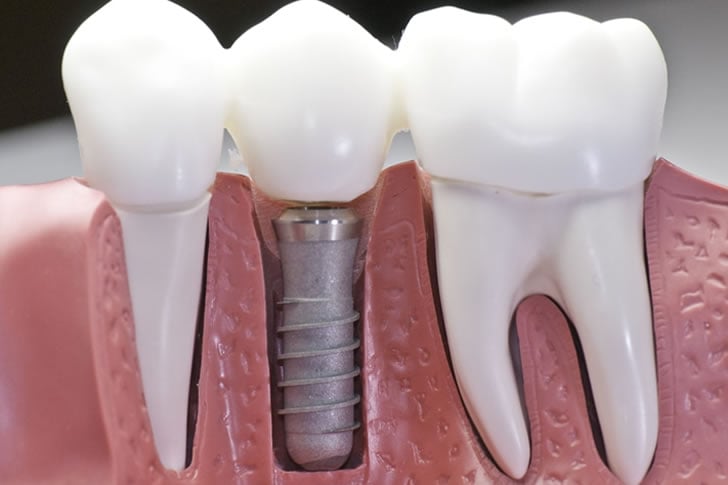When it comes to seniors, understanding Medicare’s stance on dental implants can be complex. Here are some helpful tips and advice to navigate this critical healthcare issue.

Medicare generally does not cover routine dental work, including dental implants. However, there can be exceptions under specific circumstances. Knowing these can save seniors both time and money.
Medicare Part A (Hospital Insurance) may pay for certain dental services if you are receiving them in a hospital. For instance, if you need dental implants due to a medical condition requiring hospitalization, part of it may be covered.
If Medicare does not cover dental implants, don’t worry. There are other avenues to explore that could ease the financial burden.
Some seniors opt for Medicare Advantage Plans, also known as Medicare Part C. These plans are offered by private companies approved by Medicare and often include additional benefits like dental coverage.
Tips for Choosing a Plan:
Ensure it specifically covers dental implants.
Compare plan costs and coverage limits.
Verify the network of dental providers.
For low-income seniors, Medicaid might offer additional dental coverage, though it varies by state. Check the specific services and limitations in your state to determine eligibility.
Independent dental insurance plans can be purchased separately and often have more comprehensive dental coverage, including implants. Be aware that there might be waiting periods and annual maximum limits.
These plans are not insurance but provide discounts on dental services through a network of providers. They can significantly reduce the out-of-pocket expenses for seniors.
The cost of dental implants can be high, making financial planning essential. Here are some ways to manage these costs effectively:
Many dental offices offer payment plans that allow you to spread the cost over time. This can make dental implants more affordable without an upfront burden.
Questions to Ask Your Dentist:
What are the terms and interest rates of the payment plan?
Are there any hidden fees or penalties for early repayment?
If you have an HSA or FSA, you can use these funds to pay for dental implants. These accounts offer tax advantages, making the expense more manageable.
Some dental schools offer services at reduced rates as part of their training programs. While this can be a cost-effective option, it may involve longer appointment times.
Choosing the right dental professional for your implants is crucial. Here are some tips to ensure you make an informed decision:
Look for dentists who specialize in implants and have a proven track record.
Online reviews and testimonials can provide insight into the experiences of other patients.
Take advantage of affordable consultations to discuss your needs and evaluate the dentist’s approach.
Proper care after getting dental implants is essential for good success. Consider the following:
Maintaining good oral hygiene will help ensure the longevity of your implants. This includes:
Brushing twice a day with a soft-bristle toothbrush.
Using an antibacterial mouthwash.
Flossing daily around the implant area.
Regular dental check-ups are essential to monitor the condition of your implants and overall oral health. Schedule appointments at least twice a year or as recommended by your dentist.
Navigating Medicare coverage for dental implants can be challenging, but understanding your options and planning ahead can make the process smoother. Whether it’s through Medicare Advantage Plans, independent dental plans, or financial arrangements, seniors have various paths to obtain the dental care they need. Remember, selecting the right dentist and following post-procedure care are key components of a successful dental implant experience.
Explore the Tranquil Bliss of Idyllic Rural Retreats

Ultimate Countdown: The 20 Very Legendary Gaming Consoles Ever!

Understanding Halpin and its Influence

Affordable Full Mouth Dental Implants Near You

Discovering Springdale Estates

Illinois Dentatrust: Comprehensive Overview

Embark on Effortless Adventures: Unveiling the Top in Adventures Made Easy Outdoor Equipment

Unveiling Ossur Valves: Innovation in Prosthetics

Unlock the Full Potential of Your RAM 1500: Master the Art of Efficient Towing!
